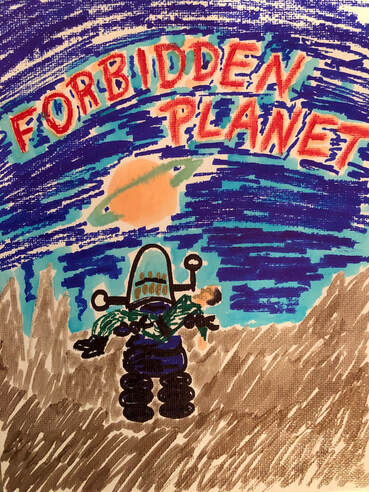
Hopefully, you have a sense of deja vu when you consider the amazing advances we have experienced in the information age. Without a doubt, information technology has greatly accelerated the technological achievement of the human race. In just the last 50 years, we have gone from putting the first humans on the moon to mass marketing cell phones that give almost all of us more computing power than the Apollo 11 space ship. Starting around 20 years ago, we began producing more bytes of information every few days than was produced in the entire history of human kind previously. Advances in medicine, artificial intelligence, transportation and communications propel our human species at a dizzying pace. Yet, for all of the power of our technology, we seem helpless to stop the destructive side of our technology. No where is this more true than in the realm of social media, where we seem to have lost our ability to treat each other civilly, to disagree without letting our differences fuel hatred and division, and to tell the difference between truth and deception.
I will resist the temptation to call for some mechanism to curb the evil effects of our technology. The lesson is all too clear. From Shakespeare to Forbidden Planet, the solution to the challenges of power are not to be found in magic or in the next technological leap forward. The basic challenge is to balance the allure of an ever-more-powerful independent individualism with the irresistible force of our nature as social animals.
They say the largest organism on the planet is either the pando "forest of one tree" in Utah or the Armillaria ostoyae fungus in Oregon. The forest seems to consist of over 47,000 individual aspen trees, but in fact shares one massive underground root system. Similarly, the so-called humongous fungus in Oregon is connected mostly under the surface of the ground--its visible manifestations appear to be discrete individual clusters of mushrooms that bloom in the autumn. In both cases, the appearance of individuals is an illusion, and we can confirm the connection that exists beneath the surface. In both cases, however, the health of the organism as a whole depends on protecting the health of the connective tissue.
In the case of our species, I think it is perfectly reasonable to note that the sense we have of our individual existence is largely an illusion--the "roots" that connect us are our thoughts, and we have never been more connected as a species than we are today. The challenge lies in the fact that thoughts and the media through which we share them are not physical, and can just as easily spread poison as nutrition. It is up to each of us to tend to the portion of the root system that we touch: to be respectful, kind, honest, and to demand the same from those around us. Ultimately, we are indeed affected by and connected to our fellow creatures. It is less important to be right or to win as an individual than it is to support the growth of the community you inhabit.

 RSS Feed
RSS Feed
